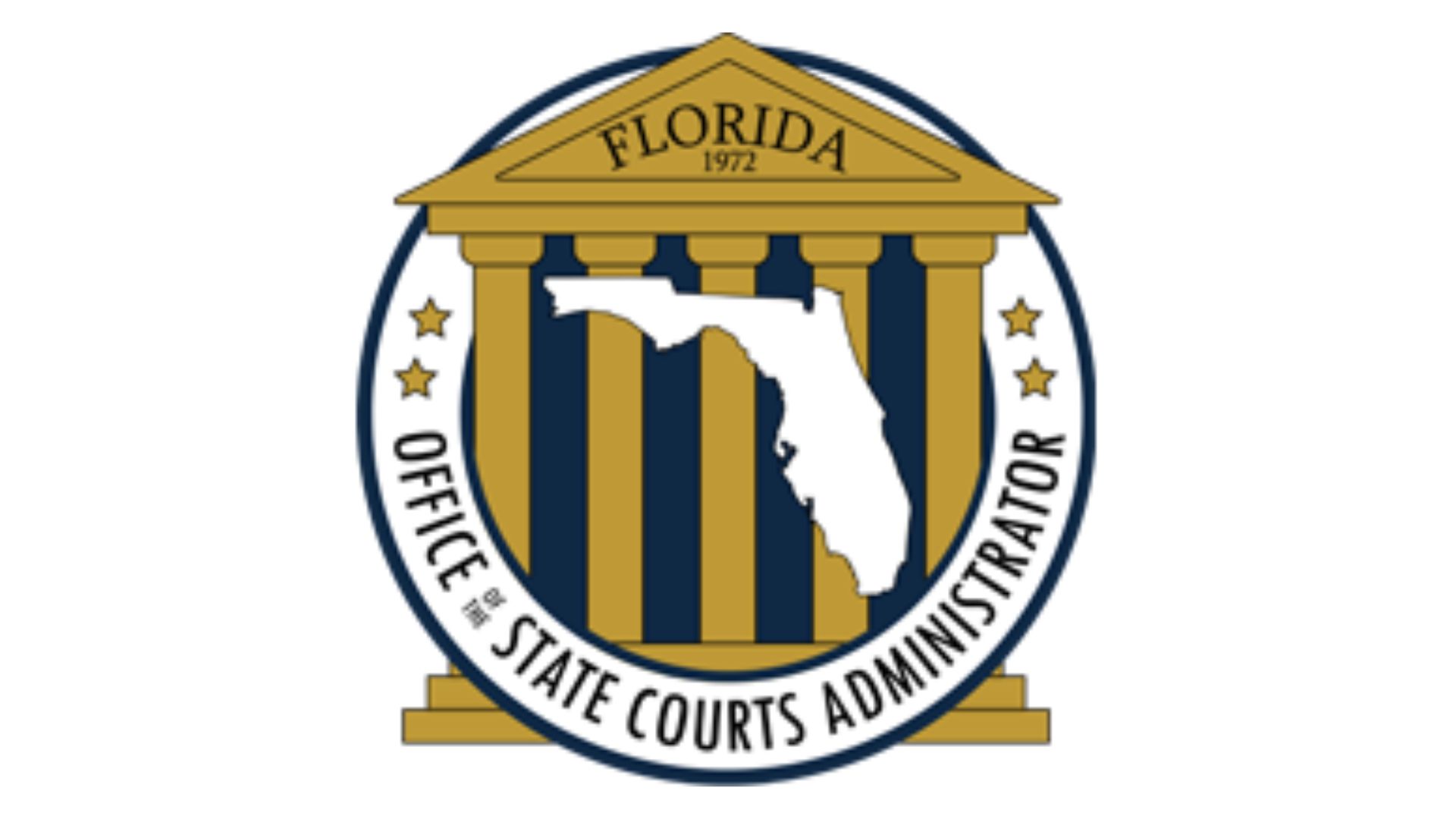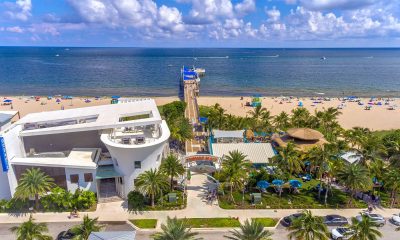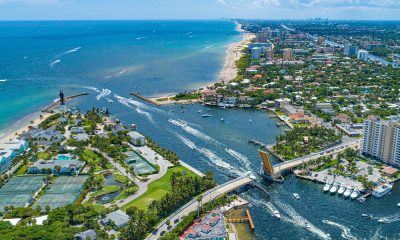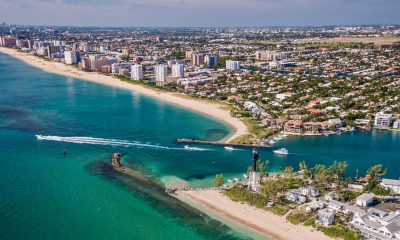South Florida Local News
Florida Supreme Court launches a study to assess Bar exam requirements and explore potential reforms

Tallahassee, Florida – The Florida Supreme Court has announced the formation of a Workgroup tasked with evaluating the current accreditation requirements for taking the Florida Bar Exam. The initiative aims to explore possible alternatives to the long-standing rule that mandates applicants graduate from an American Bar Association (ABA)-accredited law school before sitting for the exam.
The Workgroup will be chaired by former Justice Ricky Polston and is expected to deliver a report with its findings and recommendations by September 30. The Supreme Court has directed the group to focus on three key objectives: ensuring excellence in Florida’s legal profession, maintaining high-quality and cost-effective legal education without unnecessary barriers, and protecting the public while meeting the state’s legal service needs.
Why Review the ABA Accreditation Requirement?
Since 1955, the Florida Supreme Court’s rules have relied on ABA accreditation as a benchmark for law school quality. The ABA became the sole recognized accrediting body in 1992, meaning that graduates of non-ABA accredited law schools—except in rare circumstances—cannot take the Florida Bar Exam.
However, concerns about the ABA’s influence have grown over time, prompting the Court to consider whether these accreditation rules still serve the best interests of Florida’s legal profession and the public. The Court cited rising costs of legal education, diversity-related accreditation requirements, and the ABA’s political involvement as areas that deserve further scrutiny.
Chief Justice Carlos Muñiz emphasized that the review is about ensuring the best possible system for aspiring lawyers and the state as a whole.
“Our Court is interested in studying whether it still makes sense for our rules to require ABA involvement in the Bar admission process,” Muñiz said. “We are open-minded, we realize there are a lot of moving parts to this issue, and ultimately we’ll try to do what’s best for the people of our State.”
Potential Impact on Florida’s Legal Landscape
Currently, 12 ABA-accredited law schools operate in Florida, and their graduates make up the vast majority of first-time Florida Bar Exam takers. In 2023 alone, 2,890 first-time applicants sat for the exam. In contrast, only 10 individuals took the exam under alternative pathways—such as having five or more years of legal practice in Washington, D.C., federal courts, or jurisdictions that do not require an ABA-accredited degree.
If the Workgroup suggests alternatives to the current system, and the Court decides to adopt changes, it could broaden access to the legal profession in Florida. This might allow graduates of non-ABA accredited law schools to take the Bar Exam under new conditions, potentially reducing barriers for some aspiring attorneys.
Members of the Workgroup
The Florida Supreme Court has assembled a team of legal experts and scholars to conduct the review. The Workgroup members are:
• Mr. Adam M. Foslid – Attorney at Law, Miami
• Ms. Erin O’Hara O’Connor – Dean, Florida State University College of Law, Donald J. Weidner Chair
• Mr. Ricky L. Polston – Attorney at Law, Tallahassee (Chair)
• Mr. John M. Stewart – Attorney at Law, Melbourne
• Mr. John F. Stinneford – Professor of Law, University of Florida Levin College of Law, Edward Rood Eminent Scholar Chair
• The Honorable Allen C. Winsor – U.S. District Judge, Northern District of Florida
The Office of the State Courts Administrator will provide staff support to assist with research and logistics. However, the Workgroup is strictly advisory, meaning that any changes to Florida’s Bar admission rules would have to go through the formal rule amendment process, which includes an opportunity for public comment.
What Comes Next?
The Workgroup will spend the next several months researching how the ABA accreditation requirement affects Florida’s legal profession. It will analyze whether alternative accreditation pathways could be introduced without compromising legal education standards or public trust in the profession.
The final report, due by September 30, could recommend keeping the current rules, modifying them, or introducing new alternatives. No immediate changes will be made without further review and public input.
For now, Florida’s aspiring lawyers and law schools will have to wait and see whether the long-standing reliance on ABA accreditation will remain or if new pathways will emerge for those seeking to practice law in the state.

-

 Community8 months ago
Community8 months agoPompano Beach Pier: A coastal gem in South Florida
-

 Community8 months ago
Community8 months agoDiscover the best of Pompano Beach, Florida: A comprehensive guide to the most popular places to visit
-

 Community8 months ago
Community8 months agoPompano Beach cost of living: Housing costs, gas prices, and required income
-

 Community8 months ago
Community8 months agoMost popular Pompano Beach marinas: Fishing, boating, and a lot of fun time














